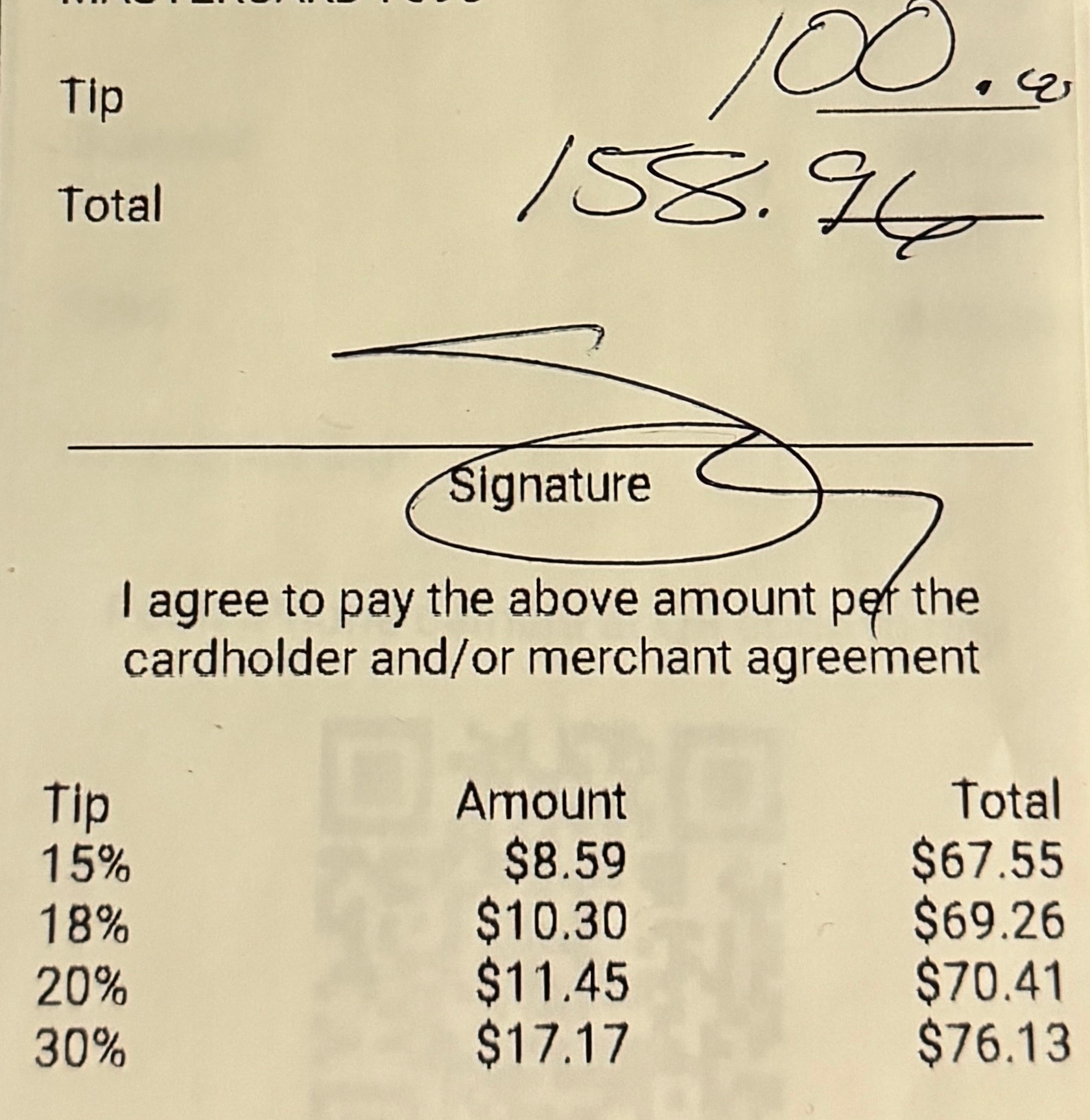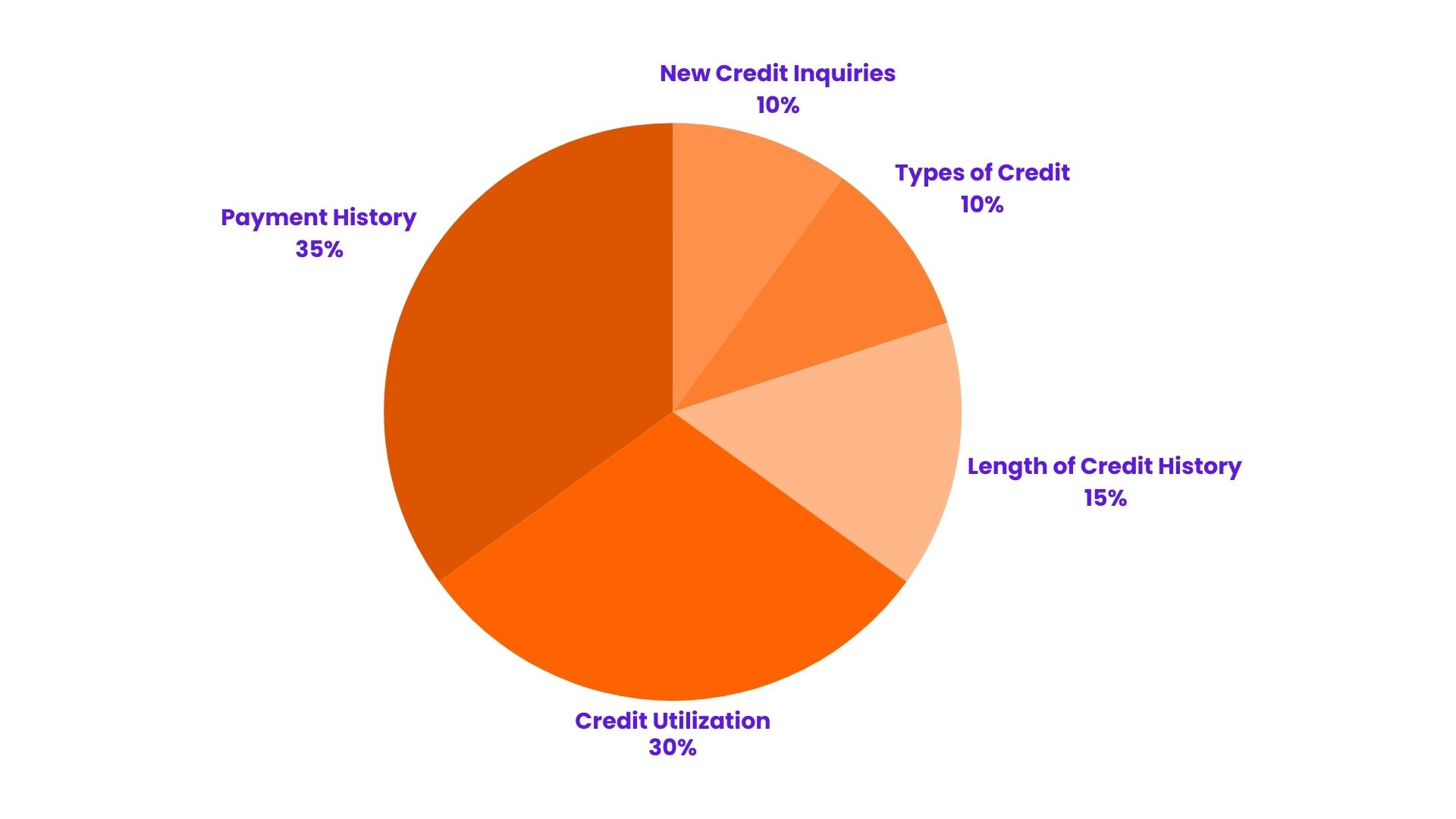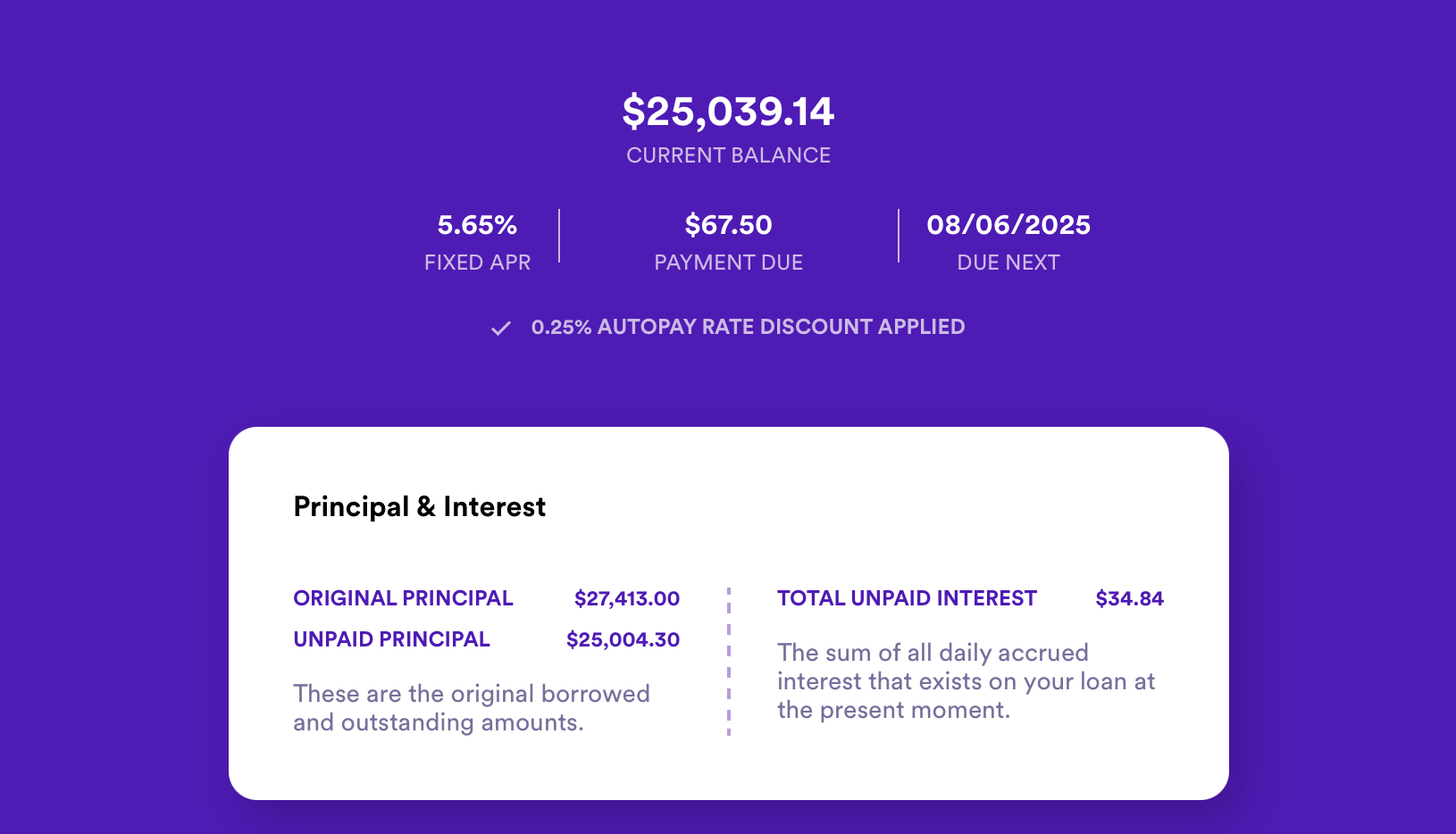Tipping culture and tips are a widely debated topic in the United States. As someone who has worked in the service industry, mostly depending on tips, and traveled to so many countries where tipping culture doesn’t exist, I have lots of opinions about tipping culture.
A Brief Overview of My Opinions:
Is it getting out of hand? Yes.
Would there be other economic consequences if we got rid of tipping altogether? Also yes.
Are some companies abusing tipping culture so they don’t have to pay their workers? Yes.
Have some businesses cut down on tipping and pay their employees a better wage? Also yes.
Is it nice to pay for something in the service industry and not have to tip? Yes.
Does the quality of service decrease when there is no tipping involved? Also yes.
As you can see, this is a super intricate topic. I have various opinions, and they will probably change over time (especially with the possibility of no tax on tips… more on that later).

Is It Getting Out of Hand?
My senior year of college, my roommates and I went to get frozen yogurt at Menchie’s, which is widely known for being a self-serve dessert place. So, imagine my surprise when I went to check out after not interacting with any individual who works there, and I was asked how much I would like to tip. For what exactly? I am not sure, but feeling guilty, I tipped 18%. My roommates, many of whom also worked in the service industry, were watching to see what each of us put, and we had a discussion afterwards about tipping culture.

Well, my take is that tipping culture has gotten out of control. I went to a self-checkout concession booth at my college, and when I had checked out, it asked if I wanted to leave a tip. I get it, there are still people stalking the food and handing out the soda fountain beverages, but my issue is, where does it end if you are being asked to tip at something titled “self-checkout”? In my opinion, companies have incorporated tipping culture into their business so that they don’t have to pay their employees a higher wage and have their clientele pay for those incomes.
I definitely have a biased viewpoint as someone who has worked in the restaurant service industry, but I believe tipping should only be involved when you personally are being served by someone else, and they are waiting on you. This list includes getting a haircut, dining in sit-down restaurants, riding in a taxi, using a valet, having someone clean your space, etc..
Are some companies abusing tipping culture so they don’t have to pay their workers? Yes.
Have some businesses cut down on tipping and pay their employees a better wage? Also yes.
Would There Be Other Economic Consequences If We Got Rid of Tipping Altogether?
This post is not an anti-tipping blog post in the slightest. In fact, I think tipping is necessary in many instances and has been the foundation of the service industry for generations. But because it is getting so out of hand, many people have talked about getting rid of our tipping culture altogether.
Let me be clear, without tipping, businesses will be forced to raise wages, and instead of those raises being taken out of their profits, it will be taken out of the pockets of the customers by increasing prices. Don’t believe me? At the beginning of 2025, the state of Michigan increased its wages for tipped employees from $3.93 to $4.74, which is a $0.81 increase per hour. At my favorite Ann Arbor bar, I noticed an increase in drinks by $0.50.
I was curious about this and asked the bar staff, to which they replied that since the minimum wage was increasing, the owners had expanded prices to offset those costs. I know this probably sounds like not much to you, but easily there were 200 drinks or more being sold an hour. With an increase of $0.50, the owner was making an extra $100, while paying less than a dollar more an hour per employee, which, as far as I saw, was only 12 people a night. If we got rid of the tipping culture, those drinks would increase to an insane amount per drink. Imagine, somewhere like a food place where the food is already a little expensive, it would be extremely costly.

Is It Nice to Pay For Something in the Service Industry And Not Have to Tip?
When I went to Europe with my friends for spring break my junior year of college, it was the first time I had ever experienced not having to tip at a restaurant. It was exhilarating not having to calculate how much my meal was actually going to cost in my head, being able to just read the menu and know the exact price I would be paying.
Same thing in Asia, when I went to a day-long excursion, the only people who tipped our cooking guide were the four Americans in the group (including me). But do you know how much easier it is to live when you know that the price they tell you is the final price? It makes life feel a lot cheaper and more predictable.
Does the Quality of Service Decrease When There is No Tipping Involved?
Despite the joys of not having to tip, I have never experienced a worse experience than I have in countries where there is no tipping culture. When I went to Paris, my friend and I went to a really nice restaurant, but it felt like we were not even there to the waitstaff, and on top of that, it took us thirty minutes to get our bill from when we first asked. Think I am being dramatic? My friend and I actually had to ask our waitress three times, and then someone who wasn’t our waitress, talk about a waste of time. Yes, Europe is known for having a relaxed lifestyle, but that is not the case in the United States. If there is no tipping, there’s no reason to turn over tables quickly to get the next people to sit, so every step of a dining experience can take however long. Additionally, there is no incentive for the waitstaff to be nice to you, go out of their way to fix a wrong, or help you in any capacity.
Tipping culture, in lots of ways, is the backbone of American hustle culture. There would be drastic changes in our culture if the tipping culture vanished. But tipping culture has gotten out of hand entirely. It feels like in any capacity that an employer can institute a tip, they will, even if the service doesn’t really warrant a tip.
Also, I am curious to see what this no tax on tips will do to the American tipping culture. Will it incentivize people to want to enter the industry? Will people start paying less in tips because they know they aren’t getting taxed? How much will the reported incomes change for service workers now that they don’t get penalized for claiming their cash tips?


